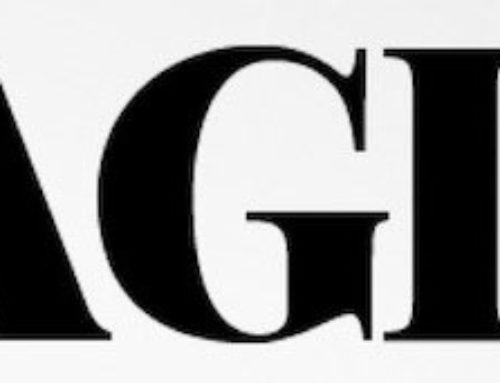 Tarpaulin Sky Magazine interviews GenPop Books author Jan Clausen.
Tarpaulin Sky Magazine interviews GenPop Books author Jan Clausen.
Here’s a snippet:
Jan Clausen’s Veiled Spill: A Sequence is one of the more important books of poetry published in the last few months, and Tarpaulin Sky is delighted to have the opportunity to interview its “hostile” author, recently praised and admonished in American Poetry Review and The Rumpus respectively (see below)….
TS: Veiled Spill has just been reviewed in both American Poetry Review and The Rumpus, and the two pieces offer an interesting contrast. Writing in APR under the headline “What to Read Now: Some Vital Books from 2014,” Arielle Greenberg praises your book’s “grave emotional urgency conveyed through playful diction; innovative structures devised to relay the kinetic assimilation of multiple levels of political concern; and a dedication to real-life activism that goes beyond the page.” Kelly Morse, in The Rumpus, starts out by, in effect, placing scare quotes around the literary category she thinks your book belongs to: “Don’t laugh or cringe, dear reader – political poetry still exists….” In addition to misquoting the text (where you write, “Dead reader/you can kiss/my veiled ass/,” she substitutes” “Dearreader”), Morse admonishes you for adopting what she considers a “hostile” stance towards both readers and yourself in the opening pages; she clearly prefers passages that she describes as “meditating inwardly on a subject” rather than “projecting
[your] views outward.” For Morse, it seems the latter mode exemplifies why readers might “laugh or cringe” in the face of poems that display some urgency around “political” topics. Clearly, these two reviewers are picking up on common threads in Veiled Spill, but reading them very differently. How do you respond?JC: I appreciate Arielle Greenberg’s approach: acknowledging that the work is “politically charged” while crediting its emotional urgency along with looking at how the text operates. That’s so much more useful than simply slapping on a label like “political.” Of course different poems, and poets, have recognizably different levels of investment in current events or social questions, but creating a monolithic category of “political poetry” seems as odd to me as it would to talk about “personal poetry” as a genre. I prefer to think of my own work as being obsessed with the fact that we live in history. Given that our choices as historical beings have now brought us to the point of radically diminishing our planet’s ability to support our own existence, I actually have trouble understanding how anyone can fail to be similarly obsessed!
In fact, the suspicious attitude towards so-called political writing—the sense that if you can identify an artist’s critical concern with existing social arrangements, the art must be inferior—is extremely familiar to me. I’ve been getting those kinds of reviews since the 1980s, when my work began to be read outside of the lesbian-feminist context of my first publications. Either the reviewer resorts to the kinds of patronizing stock epithets that Morse falls back on (“heavy-handed,” “earnest”), or he pays me the backhanded compliment of expressing surprise that my “political” text is actually rather artful. I think it’s important to recognize that this bizarre notion of art flourishing in a politics-free realm is peculiarly American—literary communities in the rest of the world just don’t think this way! I view this attitude as a symptom of the arrogance of empire; its roots lie in the cultural politics of the Cold War period, when values like “freedom” and “individualism” and a focus on formal innovation at the expense of radical content became watchwords of a U.S. cultural establishment that was in many cases actually being underwritten by powerful government institutions. (Frances Stoner Saunders wrote about this in her influential The Cultural Cold War: The CIA and the World of Arts and Letters, and there’s a brand new book by Greg Barnhisel, Cold War Modernists: Art, Literature, and American Cultural Diplomacy, that delves further into the topic.) The arguments are long buried, but the assumptions linger, further marginalizing many U.S. writers whose critical perspectives already greatly restrict their “marketability,” and hence the reach and resonance of their work.




